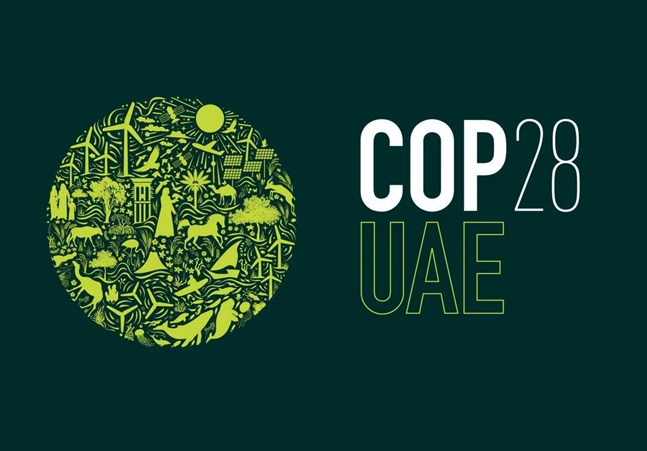The much-anticipated United Nations Climate Change Conference 2023, known as COP28, currently underway in the United Arab Emirates, arrives at a tumultuous yet crucial moment for international climate action. COP28 will play an immensely relevant role this year, marking the conclusion of the first global assessment—a pivotal mechanism to evaluate progress within the framework of the Paris Agreement, amid alarming climate-related crises and extreme weather events.
In a global scenario where floods, droughts, wildfires, and rising sea levels—among other phenomena caused by climate change—wreak havoc, major greenhouse gas emitters have shown little commitment to increasing their climate targets or mitigating their impact.
As a result, nations in the global south, more vulnerable to climate impacts, are suffering the loss of lives and livelihoods, despite being the least responsible and most marginalized. According to the latest Report on Losses of Climate-Vulnerable Economies, the effects of climate change have diminished one-fifth of the wealth of these countries over the last two decades, with losses totaling approximately $525 billion due to climate-induced alterations in temperatures and precipitation patterns.
Loss and Damage Fund
The Loss and Damage Fund is an initiative aimed at addressing the adverse consequences of climate change. Conceived as a financial mechanism, it will provide assistance to communities and nations facing irreparable damage and significant losses from extreme weather events. This fund recognizes the historical responsibility of developed countries in greenhouse gas emissions and seeks to support those most vulnerable to climate impacts but with fewer resources to cope with these crises.
The importance of the Loss and Damage Fund lies in its ability to bridge the gap between mitigation and adaptation measures. While efforts to reduce emissions and adapt to climate changes are crucial, some extreme events are already inevitable due to past emissions. The creation of this fund aims to provide a mechanism for climate justice, ensuring that those suffering the most severe impacts receive the necessary assistance to recover and rebuild.
At COP27, the Loss and Damage fund was approved with significant consensus, marking a milestone in global efforts to address the climate crisis. However, at COP28, after its operationalization was approved on the first day of negotiations, it has been strongly criticized due to challenges related to funding, equitable country contributions, and the precise definition of criteria for accessing the fund.
Climate Reparations
Undoubtedly, the outcome of these negotiations could strengthen the prospects of achieving climate reparations, especially for countries in the global south. Despite the announcements from the United Arab Emirates and Germany, each contributing $100 million to the fund, the response from other northern nations has been tepid.
To advance climate justice, it is urgent to move away from empty rhetoric and surpass voluntary finances. Structural solutions are needed, ensuring representation, inclusion, and the protection of the rights of the most vulnerable to the effects of climate change. Additionally, solutions will require a systemic approach toward climate-resilient societies, addressing unequal burdens for the most climate-vulnerable countries and realigning the economy with natural systems.
We must continue exploring multiple pathways at the local, national, regional, and international levels to provide effective large-scale reparations. The communities affected by climate damage cannot wait any longer.

